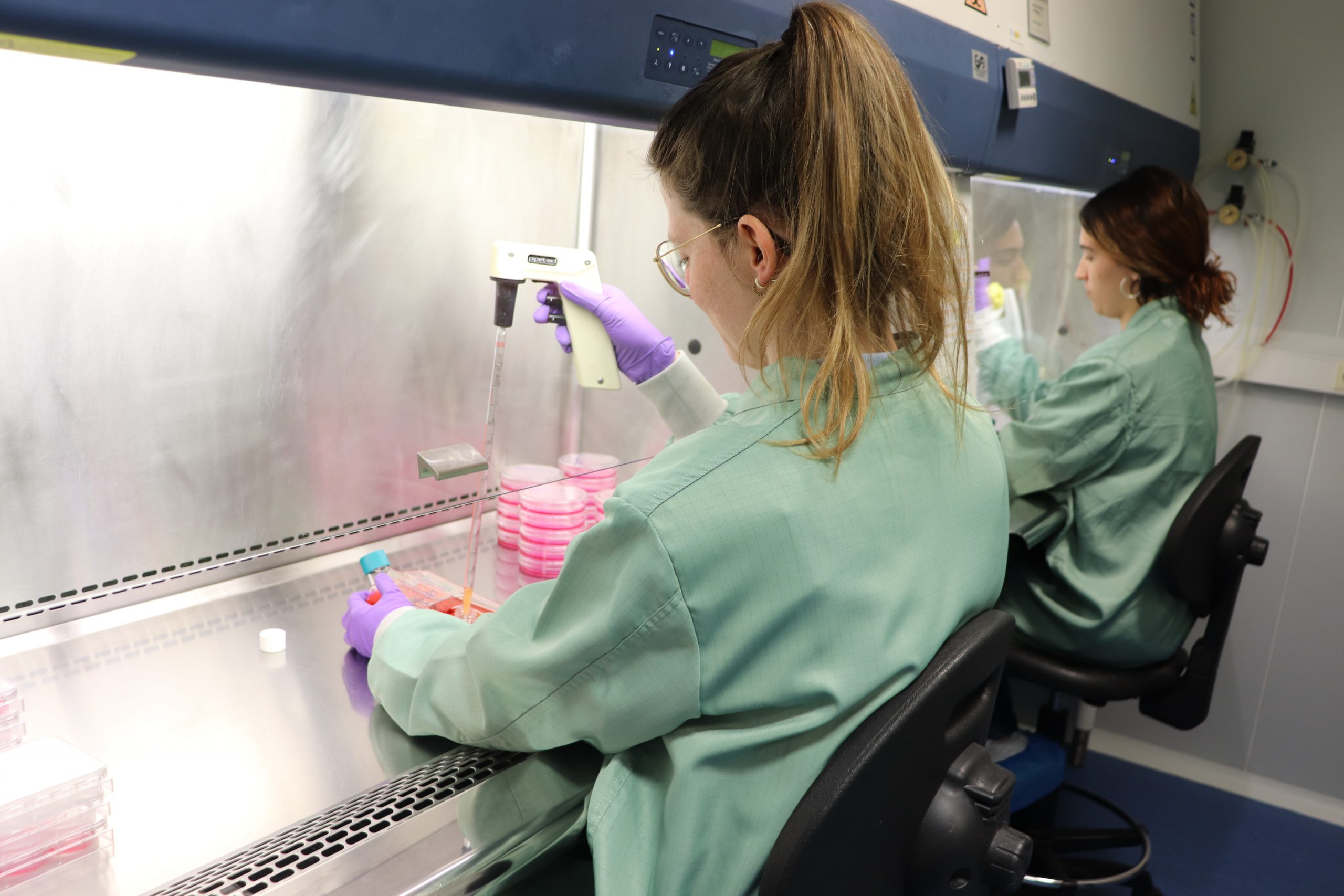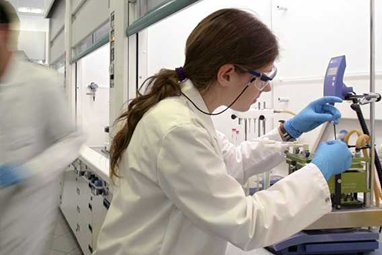
Efficiently develop anti-peptide antibodies for precise protein targeting and post-translational modification detection.
Scientific Director: M.-Pilar Marco
Scientific Coordinator: Nuria Pascual
Developing anti-protein antibodies can be costly and often requires access to the target protein itself. In cases where the protein is unavailable or difficult to obtain, a more efficient approach involves identifying short peptide fragments (typically 10-20 amino acids in length) from the target protein. These short peptides can be used as haptens to generate anti-peptide antibodies. This strategy is also advantageous due to its reduced potential for cross-reactivity among structurally similar proteins. Anti-peptide antibodies are particularly useful for detecting post-translational modifications (PTMs) within target proteins.
The successful development of anti-peptide antibodies depends on several crucial factors, including peptide sequence selection, peptide synthesis, peptide-carrier protein conjugation, and the design of an effective antibody development protocol. Among these, peptide sequence selection is the most challenging and critical step. The real challenge in producing useful anti-peptide antibodies is to choose peptides that are not only antigenic but which also generate an antibody that bind to the native protein. This process demands careful consideration of various factors.
Peptides must possess inherent immunogenicity, meaning they should be recognized by the immune system and elicit the production of antibodies. Additionally, the peptide sequence should match a region of the target protein that remains exposed and accessible when the protein folds into its native conformation. To ensure the selection of optimal peptides, our peptide selection process involves evaluating each candidate antigen against numerous databases to verify its epitope specificity. This rigorous approach ultimately identifies peptides with the desired antigenicity, solubility, and potential for antibody production.
Examples of projects founded in competitive calls are:
Examples of CIBER BBN collavorative intramural projects implementing this Cutting-Edge Biomedical Solution:
Examples of anti-peptides strategy is explained in the following publications:
Services involved:
This Cutting-Edge Biomedical Solution is executed by Units U2 (CAbS) and U3 (Peptide Synthesis). Currently, these two Units of NANBIOSIS are engaged in collaborative efforts on projects of this nature. The design and discussion of sequences to be immunized are undertaken jointly. Following this, Unit U3 carries out the synthesis and purification of the chosen peptides. Subsequently, the remaining aspects of the project are handled by Unit U2.
 |
CAbS (U2) is managed by the scientific team of the Nb4D group (Nb4D) with high expertise in hapten synthesis, conjugation and antibody production.We have an extensive track record of successful projects in developing polyclonal and monoclonal antibodies against small molecules and peptidesfor the development of diagnostic tools. These include, for example, the evaluation of carcinogenic processes, cardiovascular diseases, and infectious diseases. |
 |
Our Synthesis of Peptides Unit (U3) is managed by the Multivalent systems for Nanomedicine group with strong experience on peptide synthesis. We have high experience on regular (10 to 20 aa), cyclic and modified post-translational (phosphorylated, acetylated, methylated, derivatized with fatty acids, sugars among others) peptides developed as antigenic peptides for antibody production. Together with CAbS we have developed anti-peptides antibodies as diagnostic tools or to be used in a screening process for cardiovascular, neurological and infectious diseases. |